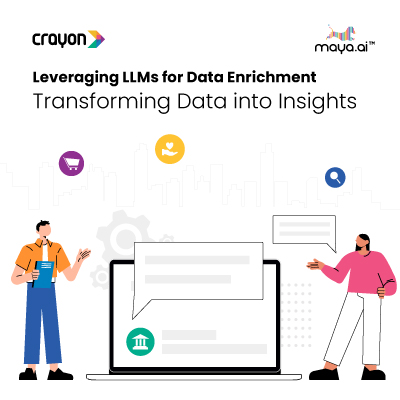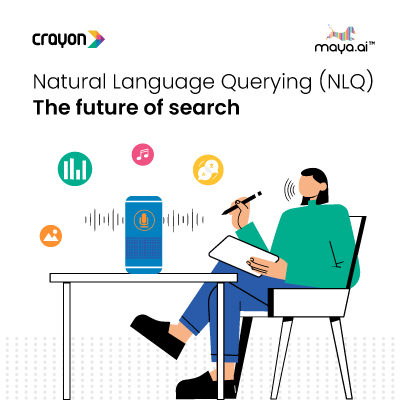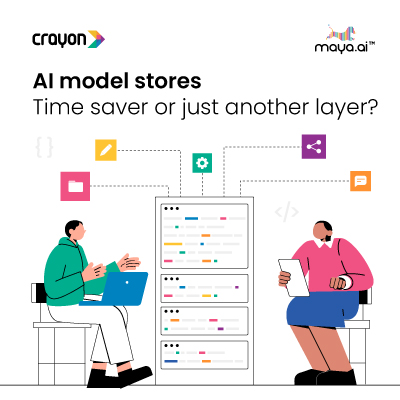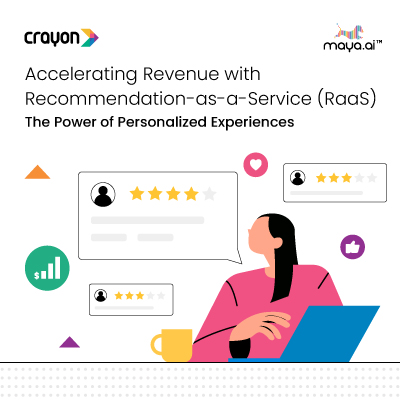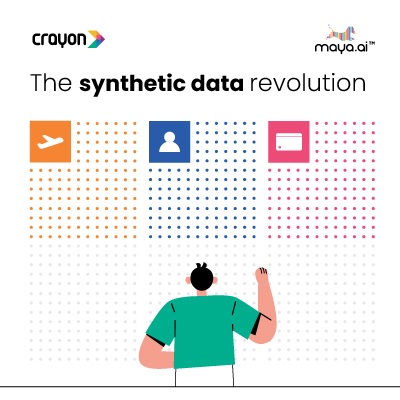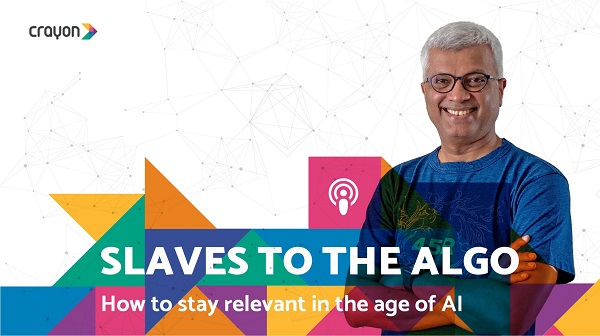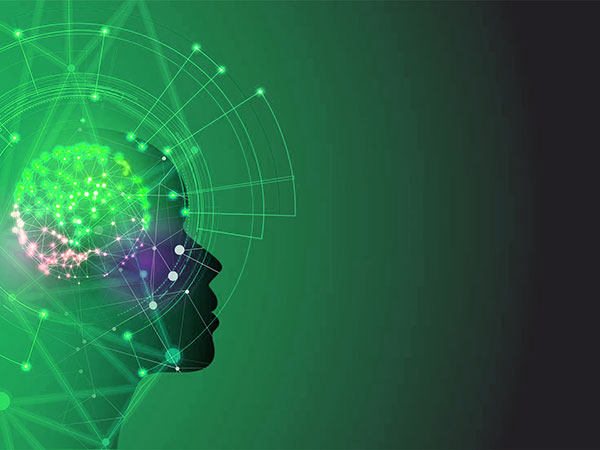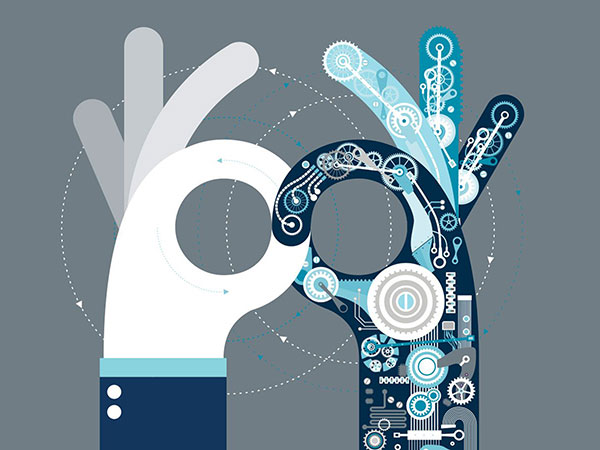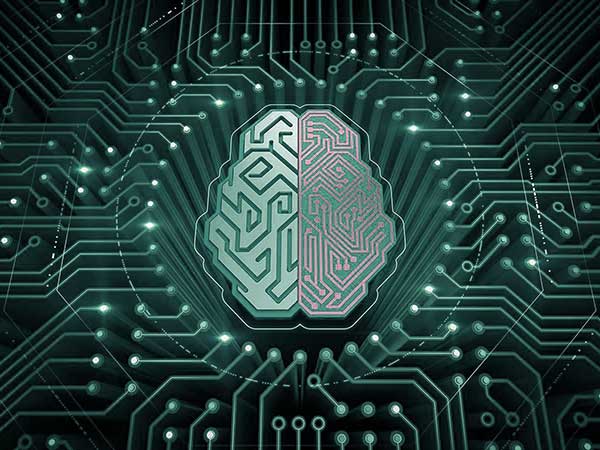How often do you hear people use the terms “artificial intelligence” and “machine learning” interchangeably? The two are definitely related, and machine learning is actually a subset of artificial intelligence.
However, as a greater number of businesses begin offering “intelligent” solutions, it becomes more vital than ever before to differentiate between these two concepts. After all, you may find yourself giving a presentation or speaking with someone who specializes in one of these fields, and you want to know what you’re talking about.
From cancer screenings to climate change, there are numerous applications for artificial intelligence. And the thing that will help most in all of those endeavors is machine learning, which can help improve various informatics.
Even if your business isn’t invested in world-changing technologies, you can still benefit from AI. Something as simple as email marketing can be vastly improved upon with principles from AI and ML. It’s the way of the future, and it’s important to know the various terms you may start using on a daily basis.
Defining and Understanding Artificial Intelligence
Artificial intelligence has been a fixture of science-fiction novels for decades now. But despite its presence in the zeitgeist, many people still have a tenuous grasp of the concept.
While there are various definitions for AI, the most basic definition is the training of computers to do intelligent things that humans can presently do better.
While AI has long been considered something futuristic, it’s used in numerous processes you’re familiar with today. For example, the electricity you enjoy in your home and business is protected by an immense AI-based power grid system that protects your power from modern threats, such as cyberattacks.
But AI doesn’t always have such severe applications. Spotify and Apple Music use their own AI programs to recommend new songs, artists, and podcasts to listeners.
While many people will try to categorize AI as a single thing, it goes much beyond that. It’s easier to think of AI as a type of science, and just like biology or physics, there are numerous subsets within that people can specialize in.
Likewise, businesses can specialize in a single area of artificial intelligence. One of those fields is known as machine learning.
Defining and Understanding Machine Learning
Machine learning exists as a form of AI, but it focuses on a very specific area. Again, it’s a highly complex field, but the definition on the most basic level is providing systems with the ability to automatically learn and improve based on past experience. In other words, a machine receives inputted data, and then the machine provides a result based on massive amounts of data, which can entail recognizing trends.
As with artificial intelligence, ML is also used in numerous everyday applications that you are probably familiar with and disrupting numerous industries. Most businesses are using ML for tasks such as tracking errors and categorizing transactions in their cloud-based accounting systems, social media outlets use it to track user behavior for better ad targeting, and major money transfer sites such as Paypal use it to help detect fraud through comparing millions of transactions to distinguish between which are legitimate and which are not.
One notable recent incident with ML that made the news was when a machine learning program attempted to create faces based on blurred images. However, this incident fell into some controversy when it created images of white people when the image was originally based on people of color.
This is an example that displays how machine learning isn’t always perfect, but it’s also not necessarily a flaw with the concept itself. A program is only as good as its algorithm as well as the data it’s fed. If the data is flawed in any way, then the output will be flawed, too.
When an algorithm works as it should, the results for businesses can be profound. When it comes to web development, machine learning can help business owners understand customers’ behavior better. While purchases and activity may seem random, the right algorithm can find patterns and provide useful information, such as when customers are most likely to visit a store and/or buy a product online.
It may seem complicated, especially if you don’t totally understand AI. Fortunately, there are online courses for better understanding machine learning so that you can better implement it in your company’s processes.
Knowing the Difference Between Artificial Intelligence and Machine Learning
Both of these ideas are concerned with doing away with work done by humans, which is prone to error, and transfer it to machines, which can theoretically do the work perfectly. It doesn’t always work out perfectly, but with time, the future is incredibly bright for this field.
The rise of AI and ML represents a part of the massive digital transformation that we are currently experiencing. Businesses have been taking advantage of this transformation, and most online businesses that you can form today incorporate AI and ML-driven processes into them, including blogging, podcasting, web development/design, and social media marketing.
If you run a small or online business yourself, it’s paramount to understand what each concept can do. Again, AI is the broader field while machine learning is a subset. AI is also more concerned with increasing a chance of success but isn’t necessarily interested in accuracy. Meanwhile, machine learning is concerned with improving accuracy, not necessarily success.
They also differ in terms of their goals. The goal of AI is to simulate a natural intelligence, like that of a human, to help analyze data and solve complex problems. The goal of machine learning is to simply learn from data related to a specific task to maximize the performance of said task.
Machine learning is very much a single thing. AI consists of numerous different concepts, and machine learning is really just the beginning. Deep learning and neural nets also come into play, but we’ll get into those at a later time.
Conclusion
AI is an exciting field that can have wide-ranging applications in the years to come. Just like humans, machine learning and artificial intelligence will never be perfect. But as more research is done, the results will only get better. Soon, every business will be able to benefit from some form of AI application.

